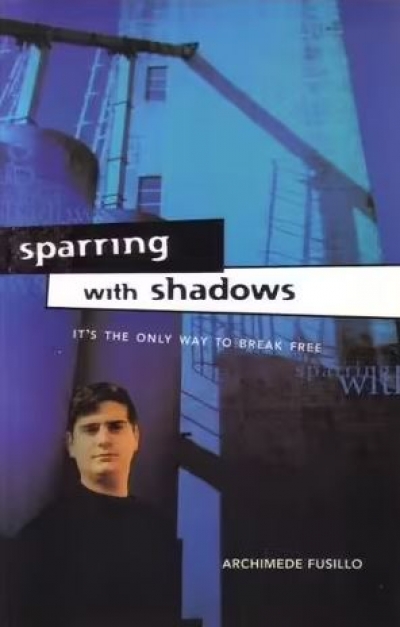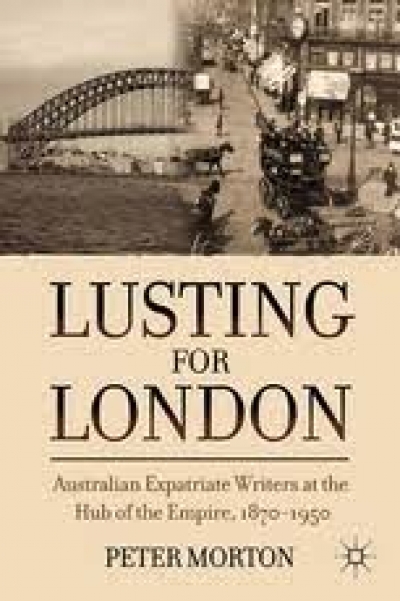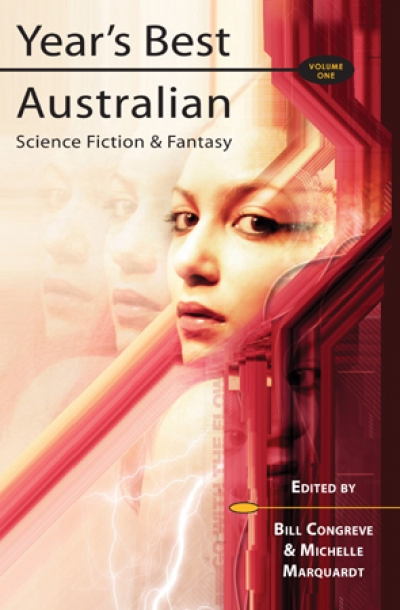Lucy Sussex
Lusting for London: Australian Expatriate Writers at the Hub of Empire, 1870–1950 by Peter Morton
by Lucy Sussex •
To write about a biographer is to be aware of a presence, psychologically if not spectrally, sitting on your shoulder. This presence is not an angel, more like an imp, the minor demon that arouses bad deeds, or thoughts. In writing about a biographer we can feel not angelic inspiration, but the imp of doubt, saying: This is not good enough, I could do better.
... (read more)The Year's Best Australian Science Fiction and Fantasy 2004 edited by Bill Congreve and Michelle Marquardt & A Tour Guide in Utopia by Lucy Sussex
by Jake Wilson •
Dear Editor,
The Fat Author Replies to Robert Dessaix:
The author does not embody Iiterary classification nor does she base her work on literary theory though literary criticism does inform her literary practice.
... (read more)


